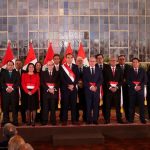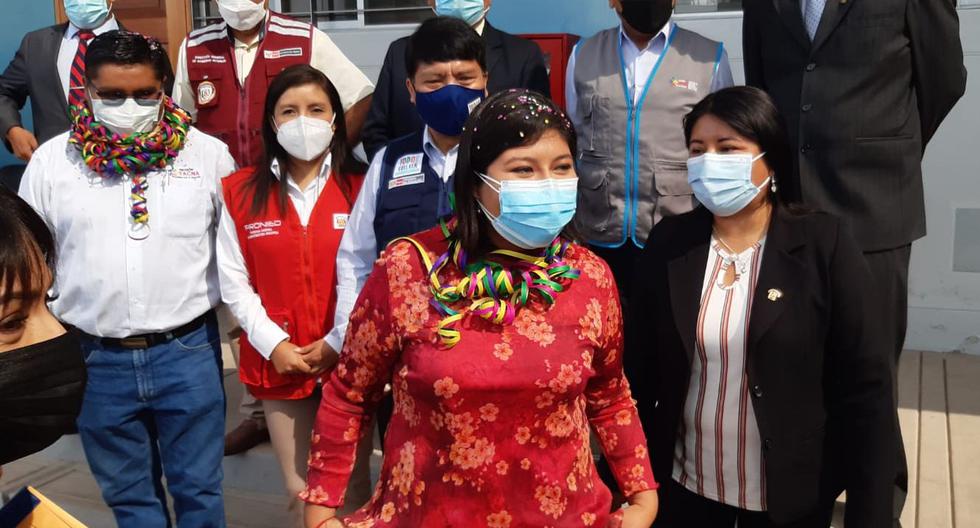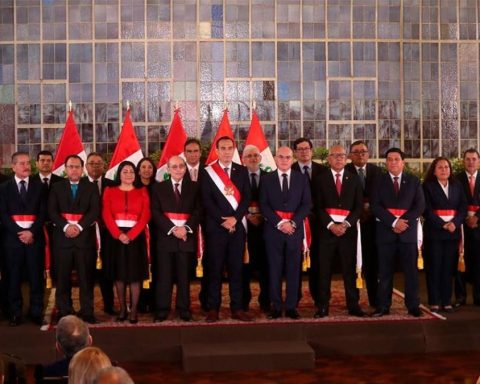Eventually, with the conflict in Ukraine over, a different world will emerge than the one anticipated when the Soviet collapse occurred. At that time, which seems very far away despite not having passed so many years, leading analysts described a hopeful future scenario, in which democracy and respect for human rights would prevail, in an environment of international cooperation conducive to socioeconomic development. of the poor regions of the planet.
Part of that hope came from tactical reasoning. Once the animosity between the great powers had been overcome, it was to be assumed that the pressure to seek allies in the third world countries, whose regimes until then had been judged according to which side they supported, would cease to exist, regardless of whether or not they were ruled by governments. democratic or dictatorial.
Clearly that has not happened and it looks unlikely to happen in the foreseeable future. More likely, the heat of the armed struggle will be replaced by a confrontation with many of the features that characterized the long period of the cold War. In particular, there is the ominous prospect of a return to alliance hunting, the result of which is that the support of authoritarian governments is valued more than the rejection of their outrages.
Within the sphere of influence of the US, Latin America has not been exempt from this assessment, and its result is the emergence and prolongation of dictatorships that at one time were the majority among the governments of the region. As a consequence, the economic development of the Latin American countries remained at the mercy of the will of caudillos, more or less inclined to create favorable conditions for reproductive investments.
A return to those extreme situations is not foreseeable, but the countries with the greatest natural resources of strategic importance may find themselves immersed as pieces in the confrontation between the powers.

















